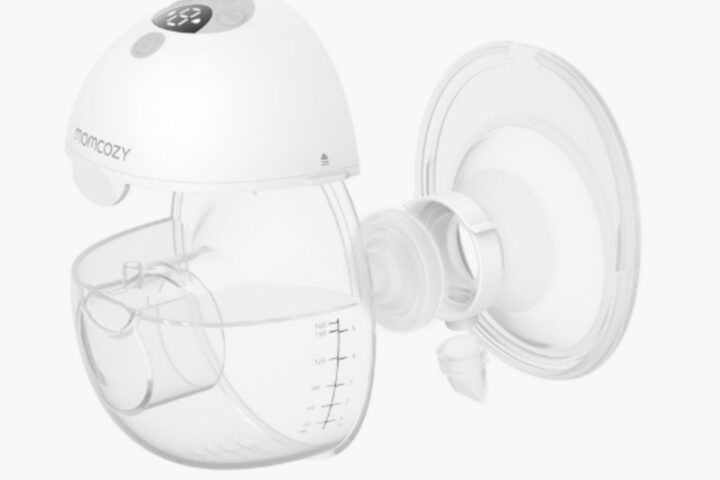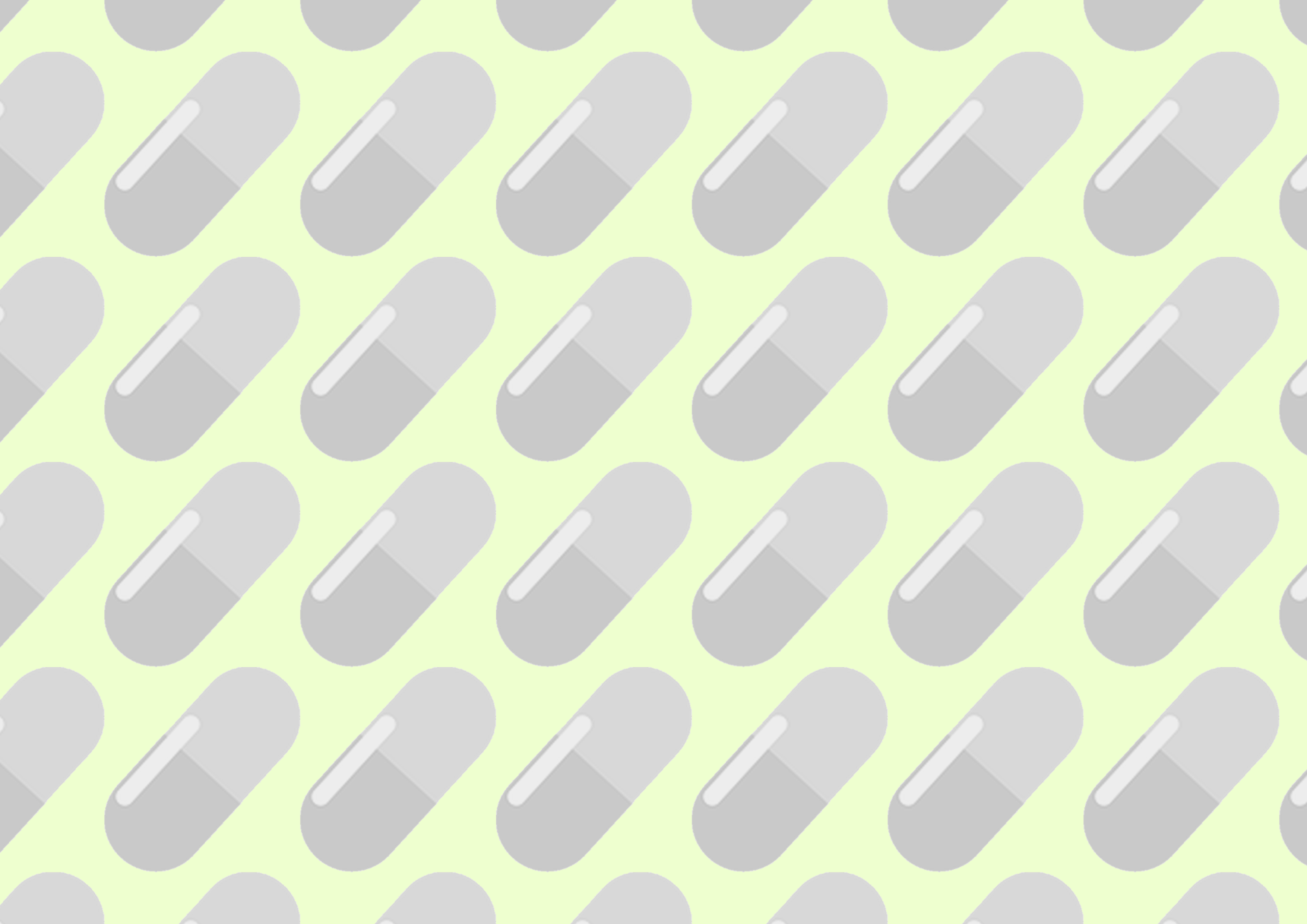Key Takeaways
- Teen addiction treatment focuses on emotional development, education, and family involvement.
- Adult rehab emphasizes personal responsibility and independent recovery.
- Teens benefit from therapy designed for young minds and peer support.
- Understanding these differences helps families choose the right treatment option.
Introduction
Addiction can happen at any age, but the way it affects teens is different from how it affects adults. Because of this, teen addiction treatment is not the same as adult rehab. Teens are still growing—both physically and emotionally. They need a different kind of support that focuses on their stage of life.
Adults in rehabilitation facilities focus on life reconstruction while developing their independence. Young adults require assistance with emotional development because their academic education and peer relationships require guidance during this period. The involvement of family members holds greater importance for teenagers than it does for adults.
Identifying suitable teen drug addiction treatment for your adolescent belongs at the top of your priority list. The article details the essential distinctions between programs for teen addiction recovery and standard adult rehabilitation facilities to assist families in selecting appropriate treatment for their children.
Emotional and Brain Development in Teens vs. Adults
During the teenage years, the brain undergoes multiple developmental transformations. Despite significant development, the brain remains in the process of creating neural connections. Authentic addiction treatment for teenagers must adopt different therapeutic protocols than those used in standard adult facilities.
How Addiction Affects Teen Brains Differently
The adolescent brain faces a greater risk of addiction than the adult brain. The brain development process gets altered by drugs and alcohol, which leads to difficulties in emotional control, clear thinking, and good decision-making abilities for teens. The reason why early treatment becomes crucial is its ability to protect a person from enduring permanent harm.
Emotional Maturity Differences
Teenagers feel emotions strongly. Their lack of self-control leads them to make decisions impulsively despite being unaware of the resulting implications. Adults possess greater skills in emotion management and stress control than teenagers. The primary goal of teen addiction treatment involves teaching patients emotional control and coping skills.
Why Early Treatment is Critical
Getting help early in the teenage years enhances teens’ likelihood of staying sober throughout adulthood. The condition worsens naturally without proper treatment, leading to increased difficulty in recovery. Early addiction treatment provides teenagers with the highest possibility of achieving health in the future.
The Role of Family in Teen Addiction Treatment
Family members actively participate in the treatment process of teen addiction. Teens need parental guidance and support because they have not reached the level of independence that adults possess.
Family Therapy is a Key Part of Recovery
Family therapy forms an integral part of treatment at most teen rehab programs. The program teaches parents to provide recovery support for their children while helping them process their feelings. Through therapy, patients can recover trust while learning better communication, which builds a durable home base needed for lasting alcohol abstinence.
Parents Learn How to Support Their Teen
Parents frequently experience confusion when their teenage child faces addiction problems. Family therapy provides parents with essential tools to help their child recover through healthy methods. Through family therapy, parents acquire skills to establish limits while promoting beneficial actions and preventing their teenager from returning to drug use.
Differences in Adult Treatment
Family participation in adult rehab programs remains optional. Adults frequently decide to recover independently from their families during the process. Adults in rehab take charge of their decisions while developing fresh behavioral patterns.
Education and School Support in Teen Treatment
Students in addiction treatment must maintain their academic education. School-related stress that develops from falling behind creates additional challenges for recovery.
Balancing Treatment and School
Teen addiction treatment centers provide educational assistance to their patients. The educational support system enables teens to maintain academic progress during recovery. Treatment programs incorporate teachers and tutors who provide academic assistance directly at their facilities.
Specialized Academic Programs
Enrolling in treatment programs frequently causes students to face concentration difficulties in typical school environments. Some rehab centers develop personalized educational strategies that provide academic help to students in recovery.
Why This is Different from Adult Rehab
The educational support system does not benefit adult rehabilitation patients. The programs direct their efforts toward developing life skills together with job training and independence for the long term. Treatment programs prioritize education because it plays a vital role in the future of teenage patients.
Peer Influence and Social Support in Recovery
Teens allow their peers to impact their decisions strongly. Together with good peer support, individuals can stay on the right track, but involving negative peer influences often leads to returning to substance abuse.
Teens Benefit from Peer Support Groups
The purpose of group therapy in teen addiction treatment centers is to establish connections between young patients. Teens prefer to communicate with peers who share their experiences because they find it easier to open up to them.
Addressing Peer Pressure
The main reason teens begin drug or alcohol use stems from their desire to fit in with their peers. Better decision-making capabilities and effective refusal skills serve as fundamental elements of recovery. Treatment programs instruct teenagers about identifying bad friendships while teaching them how to develop healthy connections.
Adults Rely on Different Support Systems
The focus of rehab programs differs between teens who need social pressure guidance and adults who prioritize personal accountability. The treatment for these patients includes group therapy sessions as well as participation in 12-step meetings and developing plans to prevent relapses.
Types of Therapy Used for Teens vs. Adults
Therapy produces different outcomes between teenagers and adults. The age of patients determines why rehab facilities implement distinct therapeutic methods.
Teen Therapy Includes Play, Art, and Adventure Therapy
Most teenagers find it difficult to communicate their emotions through verbal expression. The process of healing teenagers from substance addiction makes use of innovative therapy methods such as:
- Art therapy (painting, drawing, or writing to express emotions)
- Music therapy (using music to process feelings)
- Adventure therapy (outdoor activities that build confidence and teamwork)
Adults Focus on Talk Therapy and Relapse Prevention
Adult rehab deals with counseling sessions along with learning relapse prevention tools. Through therapy, patients discover trigger factors alongside strategies for life adjustment and develop new strategies to handle challenges.
Why Therapy Must Be Age-Appropriate
The therapeutic approach must align with the specific requirements of both teenage and adult patients because their mental processing differs. Teenagers require therapeutic methods that assist brain development by processing emotions while teaching self-control because their brains remain developing. Therapy for adults requires strategies to reconstruct their lives while preventing substance abuse recurrence.
Conclusion
Treatment programs for teens combine emotional care with family support and academic assistance for young people who require this combination of services. Adult rehab facilities exist to support individuals who want to achieve independent recovery while taking on long-term obligations.
Choosing the right treatment matters. If your teen is struggling with addiction, contact Silver State Adolescent Treatment at 725-777-5685 today. The right help at the right time can change a life.
FAQs
Why is teen addiction treatment different from adult rehab?
Rehabilitation programs for teenagers concentrate on emotional development with academic assistance and family counseling, but adults receive therapeutic courses emphasizing independence and life skills development.
Can teens go to adult rehab?
The majority of adult rehabilitation programs do not provide suitable treatment for teenage participants. Specialized care that aligns with adolescent development needs to be provided to teens.
Does teen addiction treatment include school?
Academic support exists in numerous teen treatment programs to prevent students from missing educational progress.
How does family therapy help in teen rehab?
Family therapy enhances trust in the relationship while developing communication skills and teaching appropriate methods to support the child’s recovery process.







